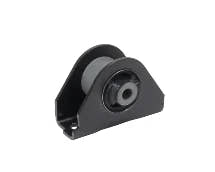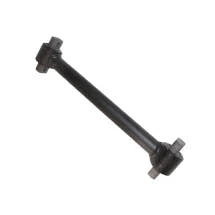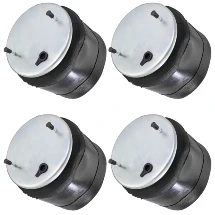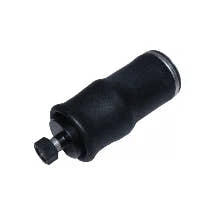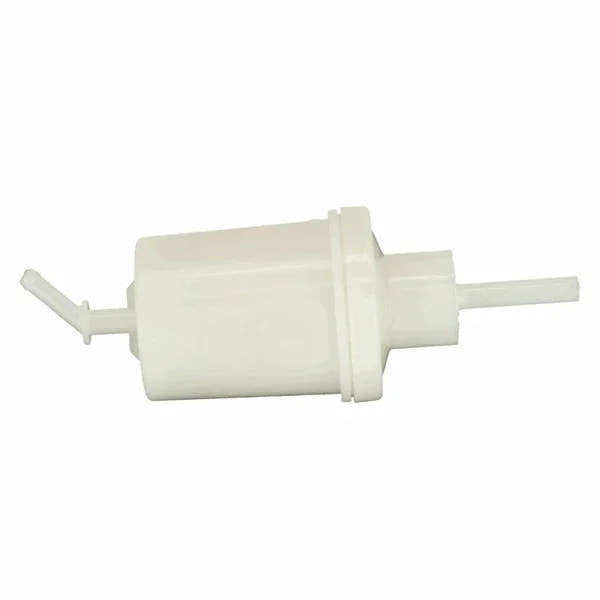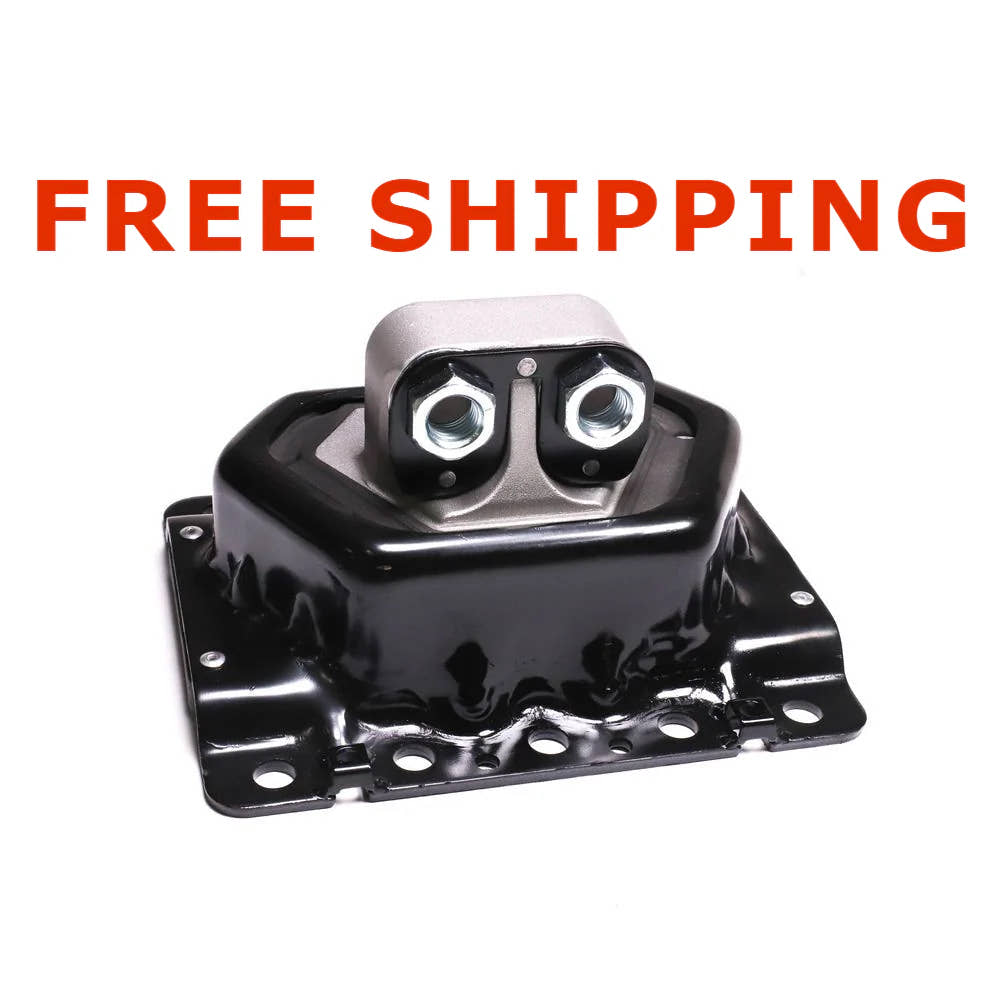-
What is a DEF fluid pump?
A Urea fluid pump is an essential component of a vehicle's emissions system, specifically designed for vehicles equipped with a Selective Catalytic Reduction (SCR) system. Urea, also known as Diesel Exhaust Fluid (DEF), is a solution made of urea and deionized water. The Urea fluid pump is responsible for delivering the Urea from the storage tank to the SCR system.
The SCR system reduces harmful emissions produced by diesel engines by injecting Urea into the exhaust stream. The Urea fluid pump ensures a precise and controlled supply of Urea to the SCR system, where it reacts with the exhaust gases to convert nitrogen oxides (NOx) into harmless nitrogen and water vapor. This process helps vehicles comply with emissions regulations and improves air quality.
Urea fluid pumps are specifically designed to handle Urea and are constructed using materials that are compatible with the fluid. They feature durable components, including a pump motor, valves, and fittings, to ensure reliable and efficient Urea delivery. Some pumps may also include additional features such as filters and sensors to monitor Urea levels and system performance.
It is important to note that Urea fluid pumps are typically vehicle-specific, designed to fit specific makes and models. They are commonly used in commercial trucks, such as semi-trucks and heavy-duty vehicles. Regular maintenance and proper care of the Urea fluid pump are essential to ensure optimal performance and longevity.
In summary, a Urea fluid pump is a critical component of a vehicle's emissions system, responsible for delivering Urea to the SCR system for reducing harmful emissions. It plays a vital role in ensuring compliance with emissions regulations and promoting cleaner air.
-
How do you know if your DEF pump is bad?
There are a few signs that can indicate a problem with your Urea pump. Here are some common indicators that your Urea pump may be malfunctioning:
Warning lights or error codes: One of the most common signs of a faulty Urea pump is the illumination of warning lights on your vehicle's dashboard. This may include a Urea system warning light or a check engine light. Additionally, your vehicle's onboard diagnostic system may generate specific error codes related to the Urea system.
Reduced engine performance: A malfunctioning Urea pump can affect the proper supply of Urea to the Selective Catalytic Reduction (SCR) system. This can lead to reduced engine performance, including decreased power, acceleration, or fuel efficiency. If you notice a significant drop in your vehicle's performance, it could be a result of a faulty Urea pump.
Inability to start or failure to regen: Some vehicles require periodic regeneration cycles to clean the diesel particulate filter (DPF). A malfunctioning Urea pump can disrupt the regeneration process, leading to an inability to start the vehicle or a failure to complete the regeneration cycle.
Urea fluid leaks: A leaking Urea pump or its associated components can cause noticeable fluid leaks under your vehicle. If you observe puddles or stains of Urea fluid near the pump or its connections, it could indicate a problem with the pump.
Strange noises: A failing Urea pump may produce unusual noises such as grinding, whining, or clicking sounds. If you notice any abnormal sounds coming from the vicinity of the Urea pump, it is advisable to have it inspected.
If you experience any of these signs or suspect a problem with your Urea pump, it is recommended to consult a qualified mechanic or service professional. They can perform a diagnostic check using specialized tools to determine the exact cause of the issue and recommend the necessary repairs or replacements.
It's important to address a bad Urea pump promptly, as it can affect your vehicle's emissions system and potentially lead to non-compliance with emissions regulations. Regular maintenance and inspections of the Urea system can help prevent issues and ensure optimal performance of the pump and the overall emissions system.
-
How long should a DEF pump last?
The lifespan of a Urea pump can vary depending on several factors, including the quality of the pump, operating conditions, and maintenance practices. On average, a well-maintained Urea pump can last anywhere from 300,000 to 750,000 miles or more.
However, it's important to note that the longevity of a Urea pump is also influenced by other components of the vehicle's Selective Catalytic Reduction (SCR) system. If other parts, such as filters or sensors, are not properly maintained or become contaminated, it can put additional strain on the Urea pump and potentially shorten its lifespan.
To maximize the lifespan of your Urea pump, here are some recommended practices:
-
Regular maintenance: Follow the manufacturer's guidelines for maintenance and service intervals. This includes regular inspections, filter replacements, and cleaning procedures as specified.
-
Quality Urea fluid: Use only high-quality Urea solution that meets the required standards. Contaminated or poor-quality Urea can damage the pump and other components of the SCR system.
-
Avoid contamination: Take precautions to prevent contamination of the Urea solution, such as using clean equipment and storage containers when handling Urea. Contaminants, such as dirt, debris, or other fluids, can cause damage to the pump and impact its performance.
-
Proper storage: When the vehicle is not in use, store it in a location where the Urea pump is protected from extreme temperatures and environmental elements. Extreme heat or cold can affect the pump's performance and lifespan.
-
Regular system checks: Periodically inspect the Urea system for any signs of leaks, damage, or abnormalities. Addressing any issues promptly can help prevent further damage to the pump and other components.
It's important to remember that the lifespan of a Urea pump can vary, and individual circumstances may influence its durability. If you suspect any issues with your Urea pump or notice a decline in performance, it is recommended to consult a qualified mechanic or service professional for inspection and potential replacement.
By following recommended maintenance practices and taking care of your vehicle's Urea system, you can help extend the lifespan of the Urea pump and ensure optimal performance of your vehicle's emissions system.
